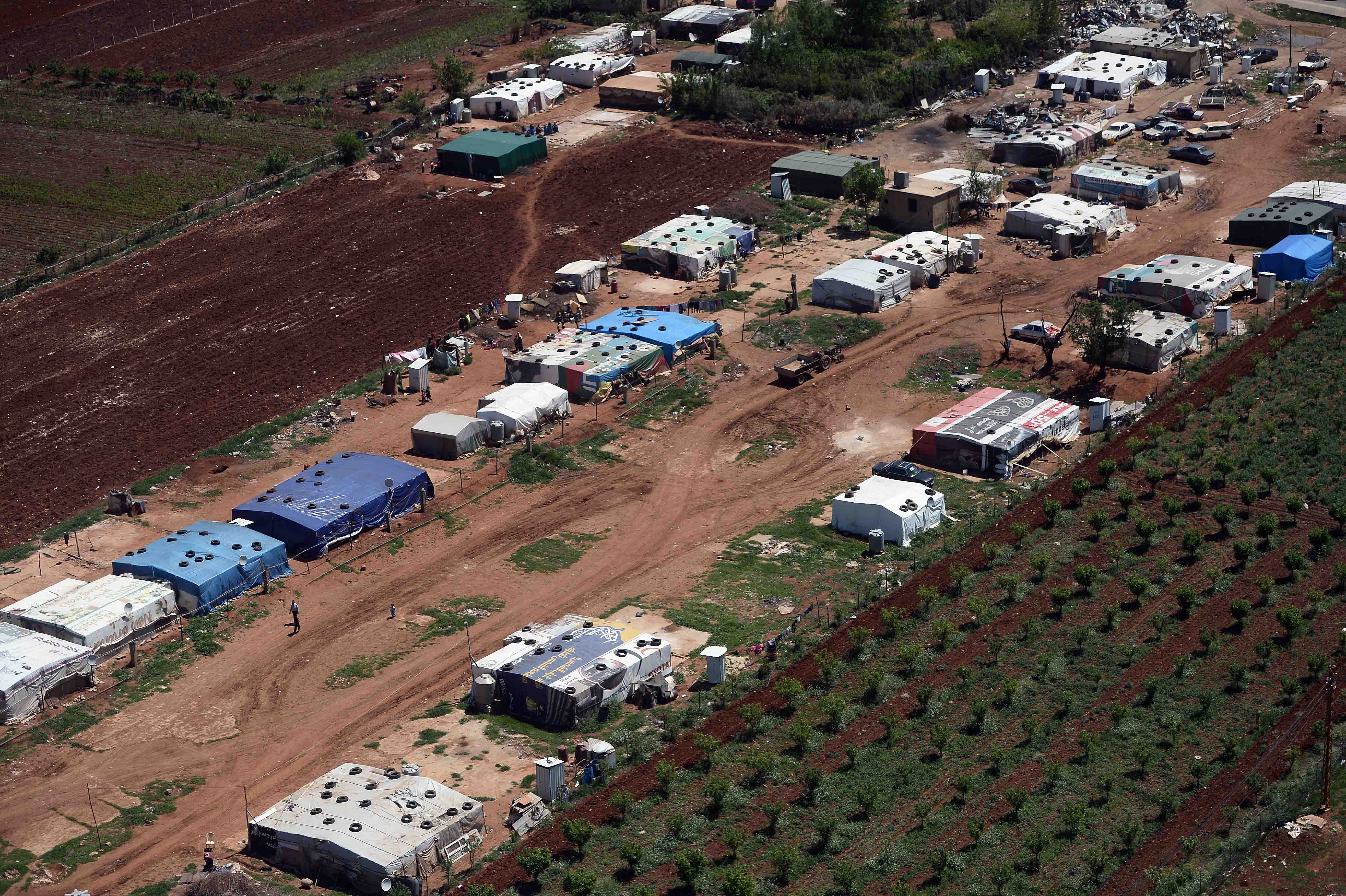Publications

Lebanon is no stranger to conflict. Due to a unique mixture of weak political institutions, internal sectarian political divisions, and deep and often aggressive foreign intervention, the small Mediterranean country has time and time again oscillated between war and peace, stability and chaos. The past decade (or more precisely, decade plus) has been especially complex. It began with the shocking and highly disruptive political assassination in February 2005 of twice-Prime Minister, industrial magnate, and all-around post-war political superstar Rafiq al-Hariri. In a sense, the country is still coping with the legacy of that single, devastating event, even though much has happened since, including a war with Israel in the summer of 2006 that brought direct devastation on Lebanon, and more recently, the destabilizing effect of the 6-year old civil conflict in Syria. Yet the roots of Lebanon’s current political crisis can be traced back to that formative event.


